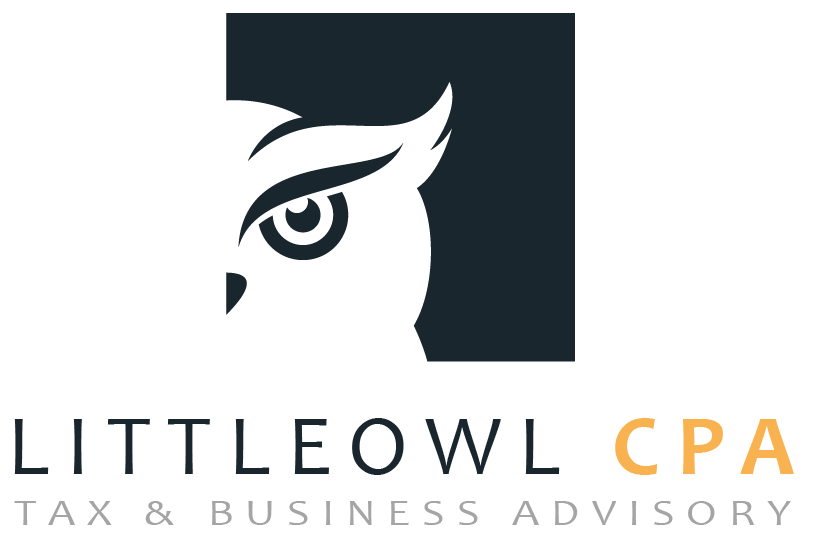Our tax experts have gathered top tips for bonus depreciation, vehicle limits, special bonus depreciation allowance, and depreciable business purchases. Accelerated depreciation methods, including Section 179 expensing and bonus depreciation, offer valuable tax-saving opportunities for small businesses; however, navigating these options requires an understanding of their intricacies, including state-specific differences and vehicle depreciation limits.
Accelerated Depreciation Definitions
Accelerated depreciation is a method of allocating the cost of a tangible asset over its useful life at a faster rate than straight-line depreciation.
Tax Depreciation Methods
Here are a few quick definitions:
- Straight-Line Depreciation – a systematic allocation of the cost of a tangible asset over its useful life resulting in a tax deduction to the business
- Bonus Depreciation – a special depreciation allowance for tax purposes allowing a business to deduct a percentage of the cost of eligible property in the year it is placed in service
- Section 179 Expensing – section 179 of the Internal Revenue Code enables eligible businesses to deduct the full purchase price of qualifying business assets during the tax year
Bonus Depreciation
- Current bonus depreciation rate – 80% for tax year 2023, 60% for tax year 2024, 40% for tax year 2025, 20% for tax year 2026 and 0% beginning in 2027
- Eligible property – primarily includes new property with a recovery period of 20 years or less, computer software, water utility property, and qualified improvement property
- Income limitations – the deduction is not limited to the business’s net income, allowing a net loss to be created from bonus depreciation
Section 179 Expensing
Section 179 is a permanent part of the tax code and the annual expense limit and phase-out threshold is inflation-adjusted annually.
- Section 179 expensing deduction – the maximum Section 179 expense deduction is $1,220,000 for tax year 2024, phasing out dollar-for-dollar beyond a $3,050,000 equipment purchase total
- Eligible Property – includes most types of business equipment, certain software, and, in some cases, improvements to non-residential property
- Income limitations – the deduction is limited to the business’s net income, preventing it from creating a net loss on the tax return with a few exceptions
Business Vehicle Depreciation
- Passenger vehicles – For passenger vehicles used in business, the IRS sets specific depreciation limits. These limits cap the annual depreciation deduction, impacting the tax benefits of expensive vehicles. The maximum depreciation deductions for passenger vehicles placed in service in 2023 are:
- First Year: $20,200 (including bonus depreciation)
- Second Year: $19,500
- Third Year: $11,700
- Each Succeeding Year: $6,960
- Luxury Auto Limits – These limits are often referred to as “luxury auto limits” and apply regardless of whether the vehicle is purchased or leased.
- Heavy SUVs – Higher limits apply to SUVs and certain other vehicles with a gross vehicle weight rating above 6,000 pounds. Heavy SUVs that meet this definition are eligible for the following depreciation methods:
- Section 179 Deduction: up to $28,900 in 2023, $30,500 in 2024
- Bonus Depreciation: eligible based on current tax year % applicable
- Regular depreciation: eligible based on the current tax year
Business Use Requirements
In order to depreciate an asset under any depreciation method, the asset must be used more than 50% for qualified business use. This means that the asset must be used to generate revenue for the business, and the extent of its use in the business (as opposed to personal use) typically determines the amount of depreciation that can be claimed. To the extent the asset is used personally, the depreciation related to the allocable personal use is non-deductible.
State Considerations
The tax treatment of Section 179 and bonus depreciation varies by state. While some states conform to federal guidelines, others decouple from one or both of these provisions. This disparity can lead to differences in taxable income calculations between federal and state tax returns.

About Tabitha Regan
Tabitha Regan is the Founder and CEO of LittleOwl CPA. She is a Certified Public Accountant, Certified Financial Planner™ and Personal Financial Specialist. In her 18+ year career span, she has developed an expertise in the specific needs of small businesses and busy professionals with accounting, tax and advisory services.


